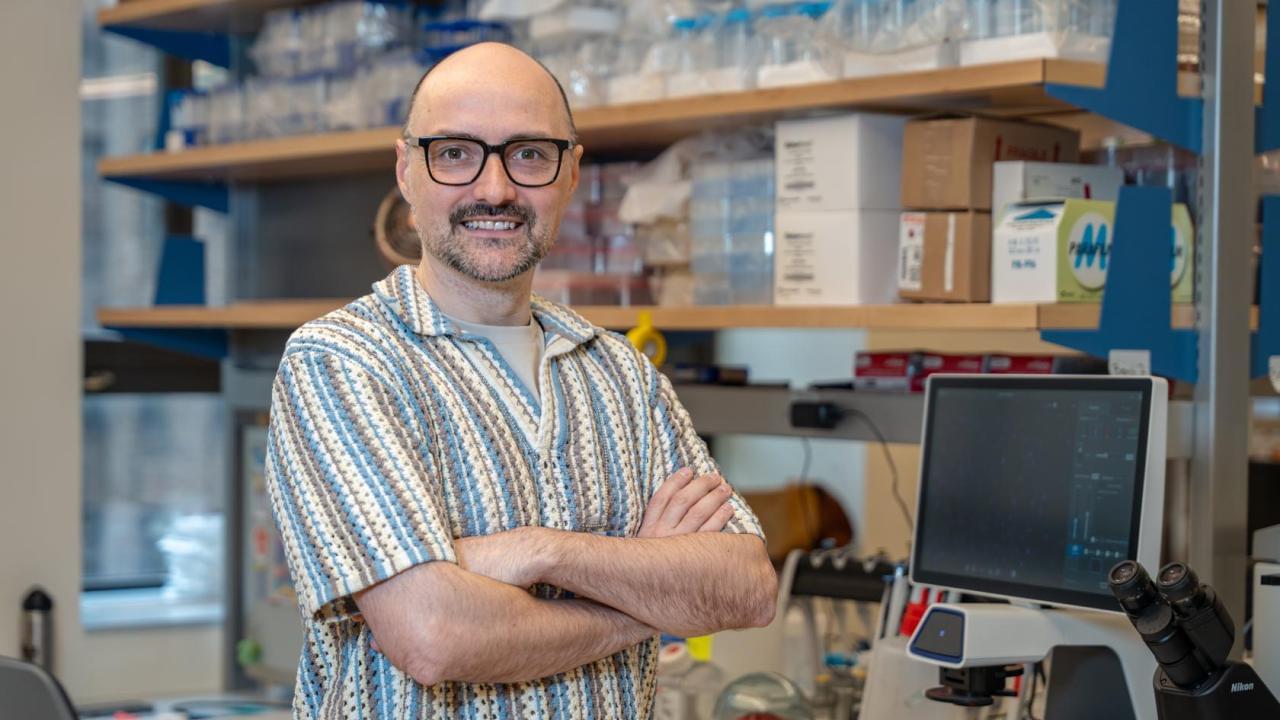A new study led by a Utah engineering professor shows that gait retraining can reduce pain and slow cartilage damage. Almost one in four adults over the age of 40 live with painful osteoarthritis, a condition that has become one of the leading causes of disability. The disease gradually wears awa
Category: biotech/medical – Page 213
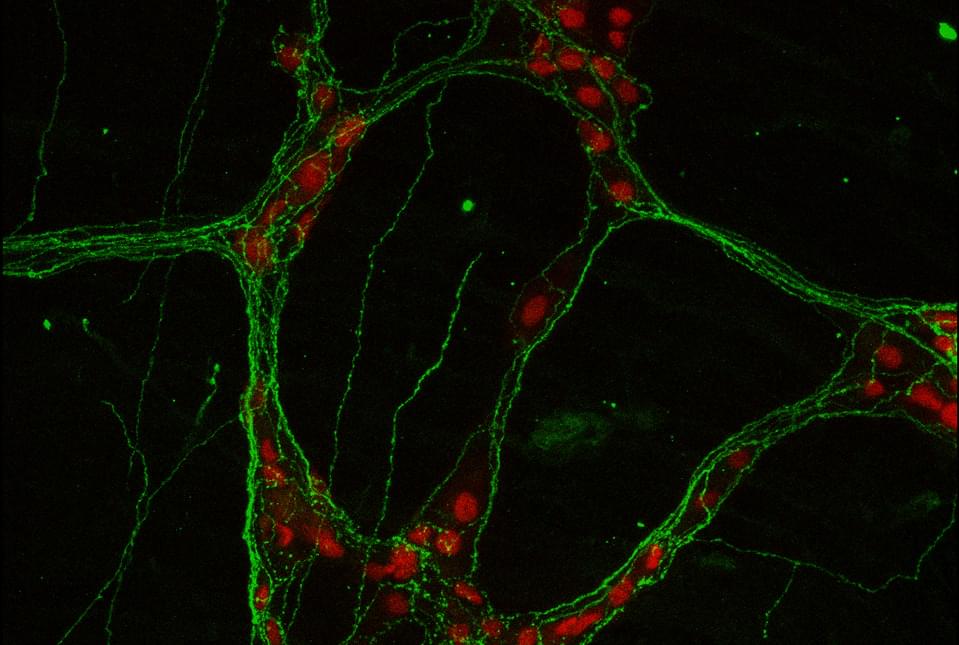
Gut neurons help body fight inflammation with immune-regulating molecule
Neurons in the gut produce a molecule that plays a pivotal role in shaping the gut’s immune response during and after inflammation, according to a new study by Weill Cornell Medicine investigators. The findings suggest that targeting these neurons and the molecules they produce could open the door to new treatments for inflammatory bowel disease and other disorders driven by gut inflammation.
Hundreds of millions of neurons make up the enteric nervous system, the “second brain” of the body, where they orchestrate essential functions of the gut such as moving food through the intestines, nutrient absorption and blood flow. While this system is known for regulating these fundamental processes, its role in controlling intestinal inflammatory responses has remained far less clear.
In their study, reported August 15 in Nature Immunology, the investigators focused on group 2 innate lymphoid cells (ILC2s), immune cells that reside within the linings of the gut. Their previous work revealed that ILC2s are a major source of a tissue-healing growth factor called amphiregulin and have the capacity to receive neuronal signals that modulate their function and can impact disease progression and recovery.

What comes after agentic AI? This powerful new technology will change everything
Ten years from now, it will be clear that the primary ways we use generative AI circa 2025—rapidly crafting content based on simple instructions and open-ended interactions—were merely building blocks of a technology that will increasingly be built into far more impactful forms.
The real economic effect will come as different modes of generative AI are combined with traditional software logic to drive expensive activities like project management, medical diagnosis, and insurance claims processing in increasingly automated ways.
In my consulting work helping the world’s largest companies design and implement AI solutions, I’m finding that most organizations are still struggling to get substantial value from generative AI applications. As impressive and satisfying as they are, their inherent unpredictability makes it difficult to integrate into the kind of highly standardized business processes that drive the economy.
A look at the next big iteration of the transformative technology.
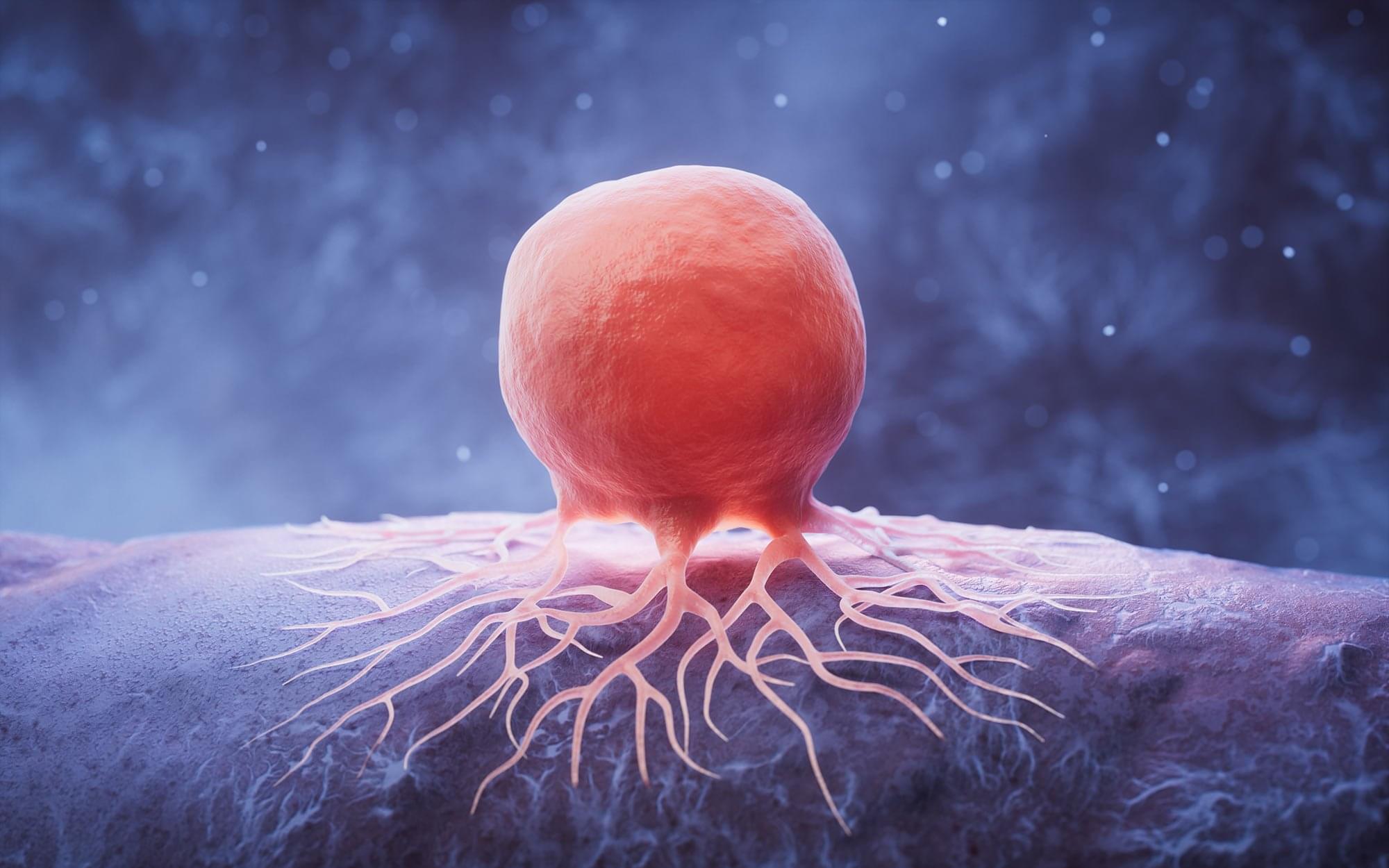

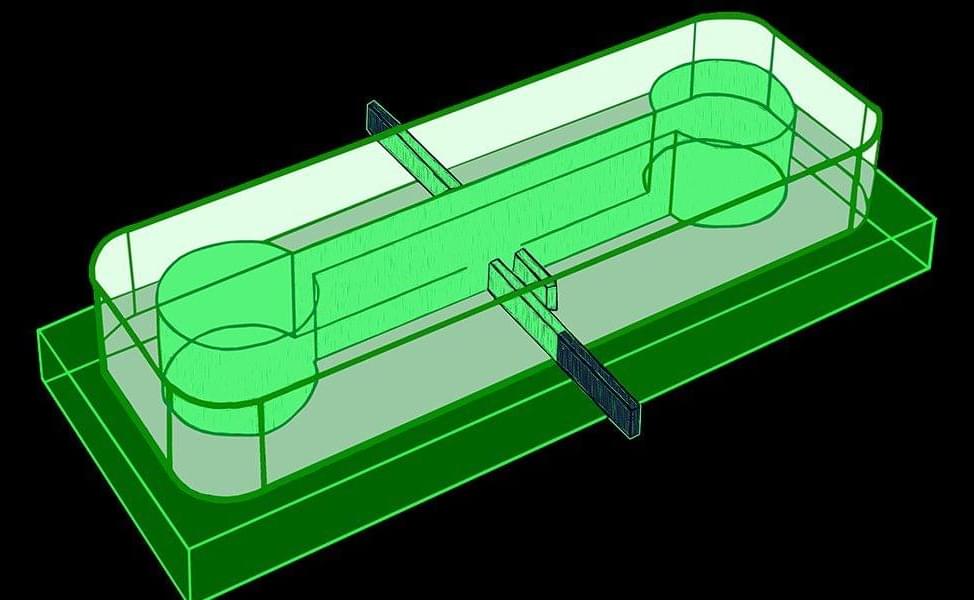
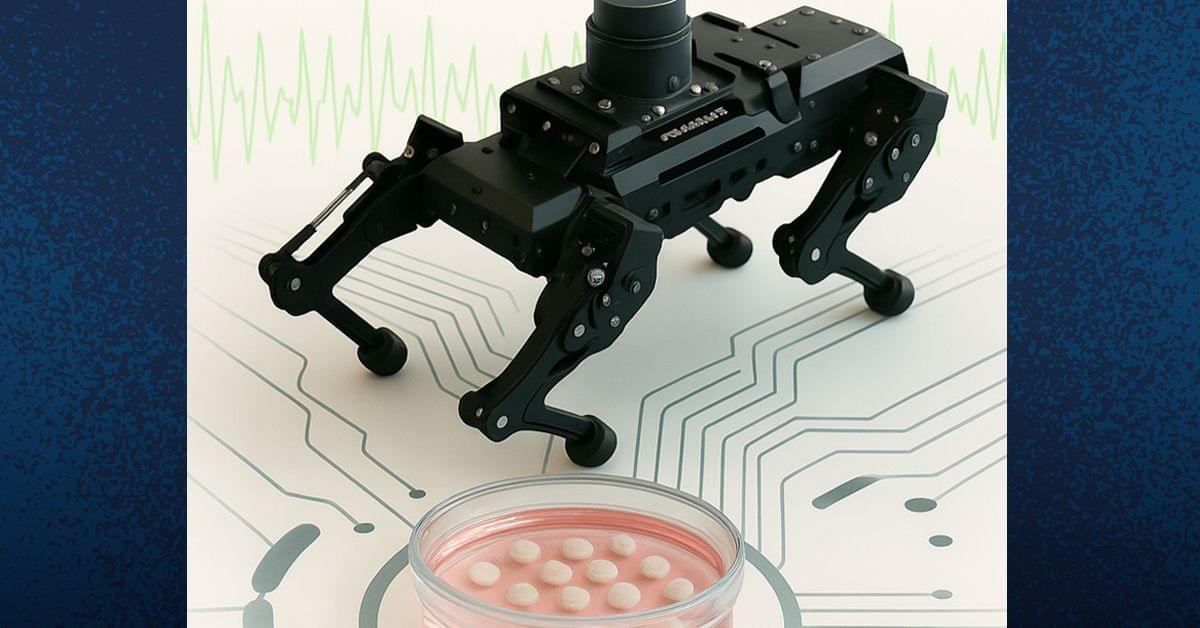
New Graphene Technology Matures Brain Organoids Faster, May Unlock Neurodegenerative Insights
Researchers from University of California San Diego Sanford Stem Cell Institute have developed a novel method to stimulate and mature human brain organoids using graphene, a one-atom-thick sheet of carbon. Published in Nature Communications, the study introduces Graphene-Mediated Optical Stimulation (GraMOS), a safe, non-genetic, biocompatible, non-damaging way to influence neural activity over days to weeks. The approach accelerates brain organoid development — especially important for modeling age-related conditions like Alzheimer’s disease — and even allows them to control robotic devices in real time.
“This is a game-changer for brain research,” said Alysson Muotri, Ph.D., corresponding author, professor of pediatrics, and director of the UC San Diego Sanford Stem Cell Institute Integrated Space Stem Cell Orbital Research Center. “We can now speed up brain organoid maturation without altering their genetic code, opening doors for disease research, brain–machine interfaces and other systems combining living brain cells with technology.”
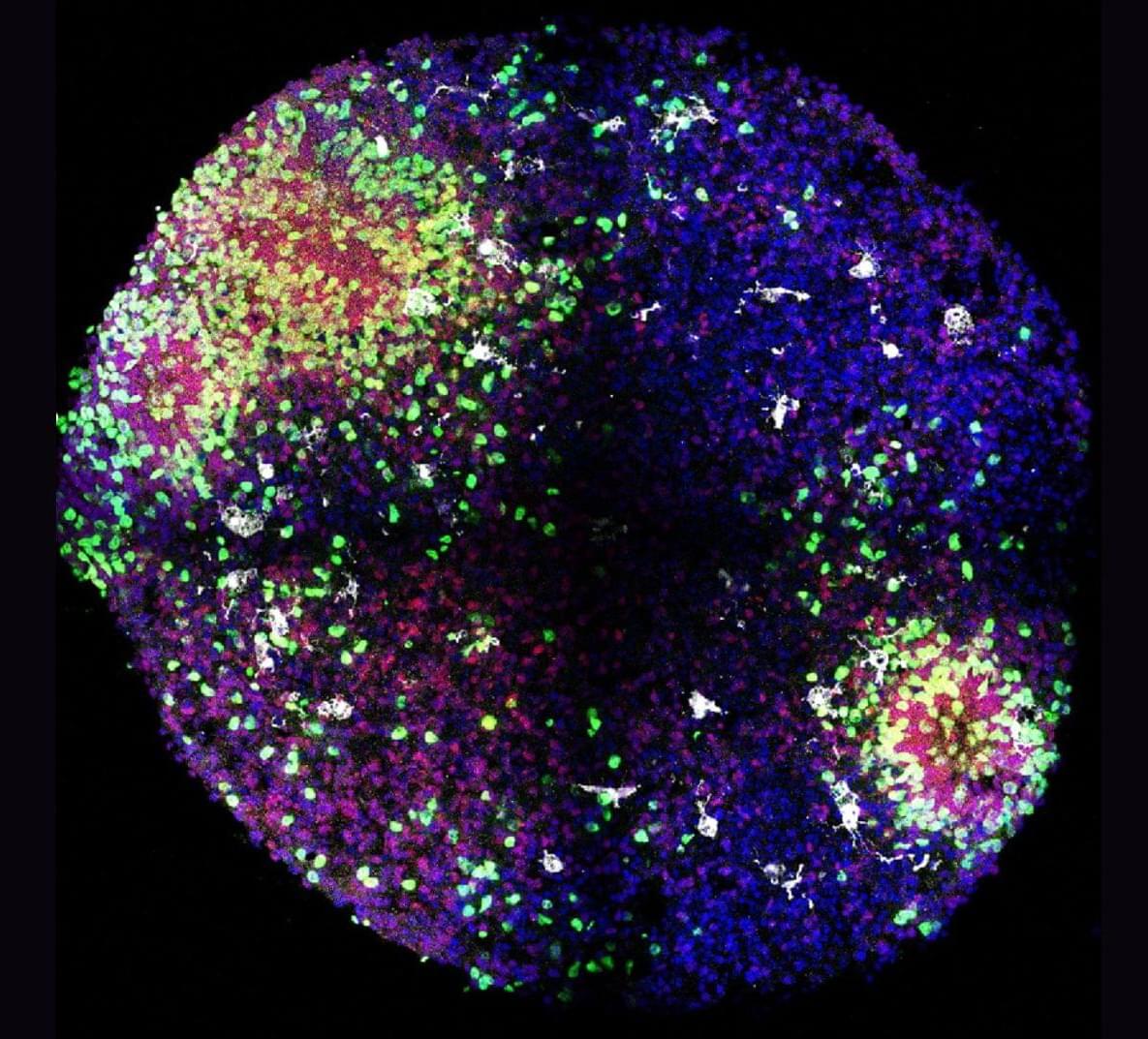
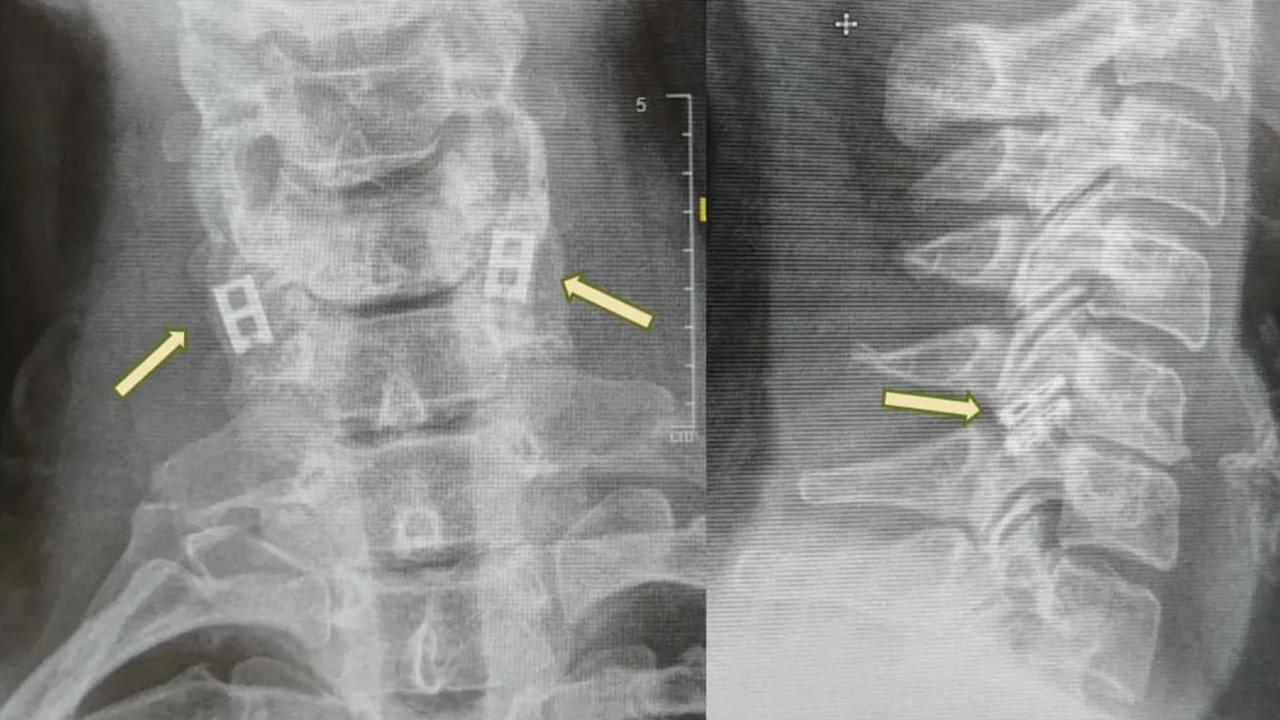
World’s first spinal cord transplant to take place in Israel, could allow patients to walk again
According to the World Health Organization, over 15 million people worldwide are living with spinal cord injuries, with the majority resulting from traumatic causes such as falls, road traffic accidents, and violence.
Currently, spinal cord injuries cannot be fully cured, so treatment focuses on stabilizing the patient, preventing further damage, and maximizing function. Emergency care often involves immobilizing the spine, reducing inflammation, and sometimes performing surgery to repair fractures or relieve pressure.
Rehabilitation includes physical and occupational therapy, as well as assistive devices like wheelchairs and braces. While experimental therapies—including stem cells and robotic devices—are being explored, no treatment yet reliably restores full spinal cord function.
Spinal cord injuries are one of the few human injuries where the body cannot naturally heal itself, and the tissue is both structurally complex and extremely sensitive.
“The spinal cord transmits electrical signals from the brain to all parts of the body. When it is severed by trauma—such as a car accident, a fall, or a combat injury—the chain is broken. Think of an electrical cable that has been cut: when the two ends no longer touch, the signal cannot pass, and the patient remains paralyzed below the injury,” explained Professor Tal Dvir, head of the Sagol Center for Regenerative Biotechnology and the Nanotechnology Center at Tel Aviv University, who is leading the effort. Dvir is also the chief scientist at Matricelf, the Israeli biotech company commercializing the technology.
Tel Aviv University announced on Wednesday that the surgery will take place in Israel, marking a historic milestone in regenerative medicine.
